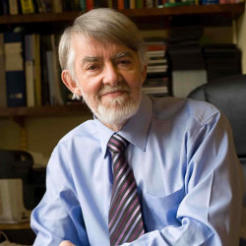Labour MP Paul Flynn told the Public Administration Select Committee today that trying to rebuild the reputation of the Big Society is like bringing back the dead, stating it has not been a great success.
Flynn made the comments at a PASC meeting on public service reform with charities and major government contractors this morning.
The second half of the session heard from Charlotte Ravenscroft, head of policy and research at NCVO, and two chief executives of smaller charities, Danny Kruger from Only Connect and Kerrie Eastman from Streets2Home.
Flynn’s response came after Kruger was asked whether the Big Society initiative is matching its aspirations.
Kruger stated that he believes it is not, however he added: “I think the Big Society is a great success and people resonated with it and understand it intuitively. But we have to see the evidence working on the ground.”
Smaller contracts needed
Issues involving commissioning were addressed with Kruger saying a more holistic approach to the process was needed.
He added: “I just think contracts should be smaller and more local, as seen in the federal system in America.”
Ravenscroft said that more dialogue on pre-procurement is necessary to ensure smaller organisations and charities do not miss out on so many government contracts. She said a cultural change in commissioning was needed in order for smaller charities to win bids, for example getting rid of “unrealistic” procurement conditions and payment-by-results schemes.
Ravenscroft suggested that commissioners are still in need of more training, although she complimented the Commissioning Academy which opened last year.
Kruger also suggested that the charity sector is not successfully recruiting the highly skilled people it needs and that it is not seen as a desirable enough sector to work in.
He said: “I just wish there was more of a sense of status and of it being a really great career for people who want to work on the frontline and strategically in the social sector.”








